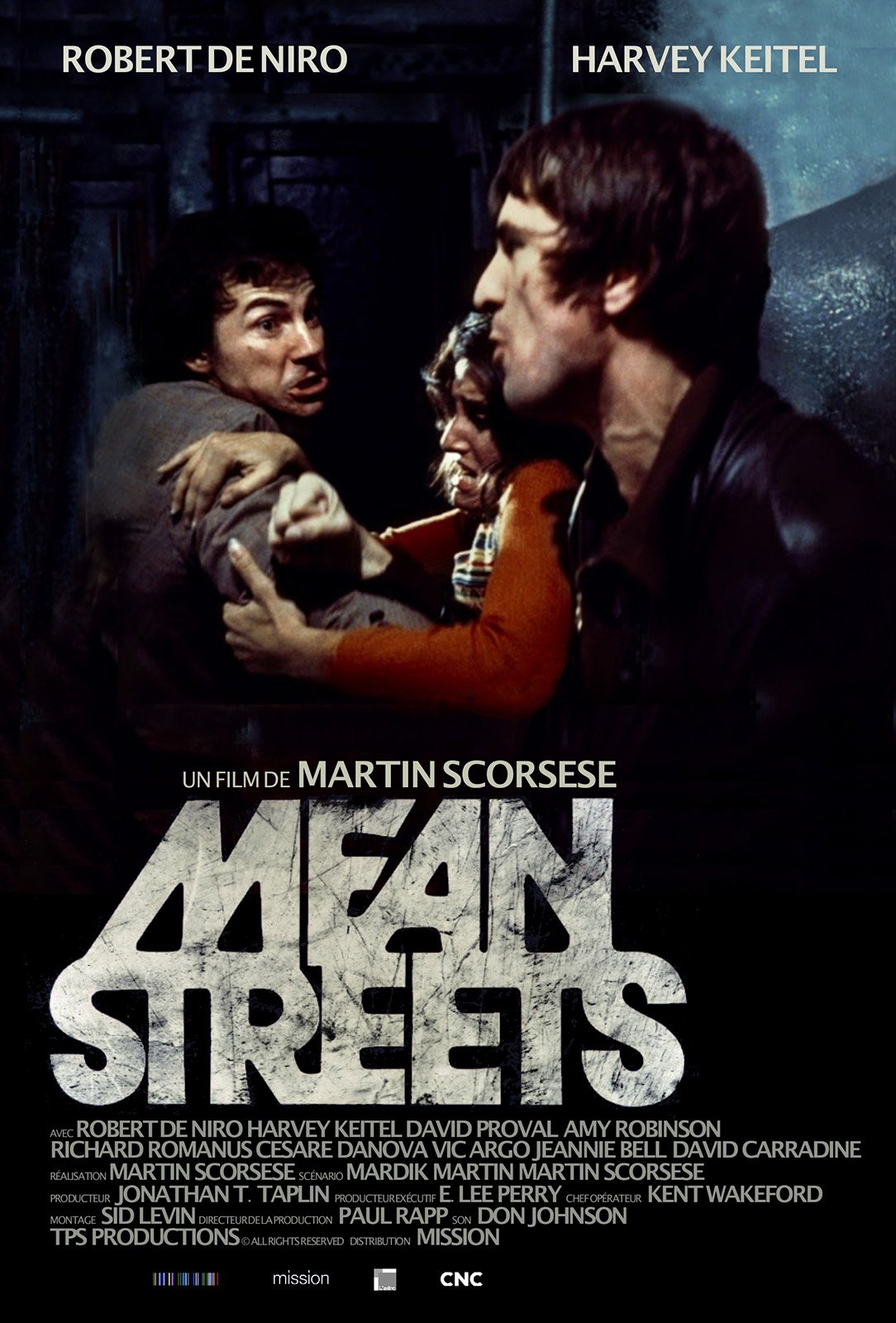

Read More Summer movie preview: 12 films you need to seeīreyer was joined in dissent by Chief Justice John Roberts and Justice Anthony Kennedy. He said The effect of delaying legal action can give plaintiffs an unfair advantage in a copyright claim and should be a viable defense. In dissent, Justice Stephen Breyer said the legal doctrine of unreasonable delay should apply to Petrella's case because she waited 18 years after renewing her copyright to file a lawsuit.

Ginsburg was joined by Justices Antonin Scalia, Clarence Thomas, Samuel Alito, Sonia Sotomayor and Elena Kagan. "Allowing Petrella's suit to go forward will put at risk only a fraction of the income MGM has earned during that period and will work no unjust hardship on innocent third parties, such as consumers who have purchased copies of `Raging Bull,"' Ginsburg said.

Read More Luxe real estate gets Hollywood treatment Petrella's claim fell within that time because the studio continued to release the film on DVD and other formats for years and every new release essentially reset the clock for copyright purposes. The decision is a blow to Hollywood studios, which have long relied on the legal doctrine of unreasonable delay to prevent distant relatives and estates from bringing copyright claims years or decades after movies have been released.įederal copyright law allows people to bring copyright claims within three years of an infringing act. The Supreme Court reversed, giving Petrella a chance to resurrect her lawsuit. Circuit Court of Appeals agreed, relying on the studio's argument that Petrella's delay of nearly two decades in bringing the case was unreasonable. But a federal judge said she waited too long because she had been aware of the potential to file a lawsuit as early as 1991. She sued MGM in 2009 seeking royalties from continuing commercial use of the film. Personal Loans for 670 Credit Score or Lower Personal Loans for 580 Credit Score or Lower Best Debt Consolidation Loans for Bad Credit


 0 kommentar(er)
0 kommentar(er)
